Key Takeaways of Potassium for Feline Kidney Disease
- Natural potassium supplements are crucial for cats with kidney disease, as poor kidney function often leads to dangerously low potassium levels (hypokalaemia).
- Signs of potassium deficiency include muscle weakness, lethargy, decreased appetite, and worsening kidney function - supplementation can significantly improve these symptoms.
- Potassium gluconate in liver and bacon-flavoured liquid forms offers high palatability and better absorption for cats with compromised kidney function.
- JP's Natural Pet Supplements provides specialised potassium formulations that support overall renal health while being easy to administer to finicky felines.
- Regular monitoring of potassium levels through veterinary blood work is essential for proper dosage adjustments and preventing both deficiency and excess.
Potassium deficiency can devastate cats with kidney disease. When your feline companion's kidneys struggle, maintaining proper potassium balance becomes nearly impossible without supplementation - a critical factor many pet parents overlook until symptoms become severe.
Kidney disease and potassium levels share an intricate relationship in cats, with each influencing the other in a continuous cycle. As a cat's kidneys lose function, they excrete excessive amounts of potassium through urine, leading to a deficiency that further damages kidney tissue. JP's Natural Pet Supplements specialises in a formulation that addresses this specific challenge, providing a natural potassium supplement designed to break this destructive cycle and support your cat's renal health.
Why Cats with Kidney Disease Need Potassium Supplements
Kidney disease creates a perfect storm for potassium depletion in felines. As kidney function declines, increased urination flushes vital potassium from the body faster than it can be replaced through diet alone. This mineral isn't just another supplement – it's an essential electrolyte that maintains cellular function throughout your cat's body, especially in muscle, nerve, and kidney tissues. Without adequate potassium, kidney disease progression accelerates dramatically, creating a vicious cycle of deterioration.

The Connection Between Kidney Disease and Low Potassium
The relationship between kidney disease and potassium levels works in both directions, making supplementation crucial. When kidneys falter, they excrete excessive potassium, but simultaneously, low potassium levels damage the kidneys further. Research shows that hypokalaemia (low blood potassium) is present in approximately 20-30% of cats with chronic kidney disease (CKD). This electrolyte imbalance activates inflammatory pathways in kidney tissue, accelerates fibrosis, and impairs the kidney's ability to concentrate urine – all of which worsen the primary disease.
Warning Signs Your Cat Has Potassium Deficiency
Recognising potassium deficiency early can save your cat significant suffering and extend their life. Watch for muscle weakness that may appear as reluctance to jump, unsteady walking, or unusual postures. Cats may exhibit ventroflexion – a distinctive neck bend where they hold their head lower than usual. Additional signs include increased lethargy, poor appetite, weight loss, increased water consumption, and excessive urination. In severe cases, cats may develop a stiff, painful gait or even experience muscle tremors and cardiac abnormalities.
Laboratory confirmation is essential, as these symptoms can mimic other conditions. Vets consider potassium supplementation when serum levels fall below 4.0 mg/dL, even though this value technically falls within some reference ranges. Early intervention prevents the development of more serious complications and helps maintain kidney function longer.
How Potassium Helps Manage Kidney Disease Symptoms
Proper potassium supplementation works through multiple mechanisms to improve the quality of life for cats with kidney disease. First, it restores normal muscle function, dramatically enhancing energy levels and mobility in previously weak cats. Normalised potassium balances cellular electrical charges throughout the body, enhancing nerve transmission and supporting a healthy heart rhythm. Perhaps most importantly, potassium supplementation helps maintain remaining kidney function by supporting cellular metabolism within nephrons – the kidney's functional units.
Many cat owners report significant behavioural improvements within days of starting supplementation. Increased appetite often appears first, followed by improved activity levels and grooming behaviour. These visible changes reflect the essential role potassium plays in virtually every body system. For optimal results, supplementation should begin at the earliest signs of deficiency rather than waiting for severe symptoms to develop.
Beyond symptom management, potassium supplementation addresses one of the core mechanisms driving kidney disease progression. By maintaining proper electrolyte balance, these supplements help preserve remaining kidney function while supporting the body's natural compensatory mechanisms. This approach doesn't simply mask symptoms – it addresses a fundamental metabolic imbalance that worsens kidney disease over time.
Natural Potassium Sources for Feline Kidney Support
Natural potassium supplementation offers significant advantages over synthetic alternatives for cats with kidney disease. The bioavailability of natural forms like potassium gluconate allows for gentler absorption through the digestive system while reducing the risk of stomach irritation. These supplements work with your cat's body rather than forcing chemical processes, which is particularly important for already-compromised kidney systems.
While prescription medications certainly have their place in kidney disease management, natural supplements can provide foundational support with fewer side effects. The key is selecting products specifically formulated for feline kidney support rather than human supplements or generic pet products that might contain inappropriate ingredients or concentrations.
Potassium Gluconate Supplements
Potassium gluconate has become the gold standard for feline supplementation due to its superior absorption profile and gentle action. This organic compound bonds potassium to gluconic acid, creating a highly bioavailable form that's easier for compromised digestive systems to process. Unlike potassium chloride, which can cause gastrointestinal upset, potassium gluconate rarely triggers digestive distress even in sensitive cats.
Quality potassium gluconate supplements like those from JP's Natural Pet Supplements provide consistent dosing without the harsh mineral taste that causes many cats to reject other formulations. The molecular structure allows for steady release into the bloodstream, avoiding the dangerous potassium spikes that can occur with some synthetic supplements. This controlled absorption is particularly crucial for cats with advanced kidney disease, whose bodies struggle to regulate electrolyte balance effectively.
It also contains these other kidney supporting supplements:
✅Potassium: Required to help nerves, muscles, and the heart function. ✅Amino Acid Blend: Building blocks of cells while also benefiting the immune system. ✅Spirulina: Contains numerous essential nutrients. Particularly, amino acids, vitamins, and minerals. It is also a great source of essential fatty acids. ✅ B Vitamins: Can aid in intracellular transportation and metabolism.
JP's Feline Potassium Supplement
Liquid vs. Powder Formulations: Which Works Best
The choice between liquid and powder potassium supplements can significantly impact treatment success with kidney-compromised cats. Liquid formulations like liver and bacon-flavoured potassium gluconate offer superior absorption rates because they're pre-dissolved and ready for immediate uptake in the digestive tract. This advantage becomes particularly important for cats with decreased appetite or nausea, as liquids can be administered even when a cat refuses food.
Powder formulations offer unique benefits, especially for cats that resist liquid medications or for owners who prefer to mix supplements into their cat's wet food. High-quality powders dissolve completely without gritty textures that might trigger food rejection. Some kidney specialists prefer powders for stable patients because they can be precisely measured and gradually increased as needed, though they generally require the cat to be eating consistently.
For cats with fluctuating symptoms or those in the earlier stages of supplementation, liquid formulations typically prove more versatile. They allow for direct oral administration during periods of poor appetite while transitioning to food mixing when the cat feels better. Many Vets recommend starting with liquids until potassium levels stabilise, then potentially switching to powders for long-term maintenance if the cat maintains good food intake.
5 Benefits of Natural Potassium Supplements for Cats
Understanding the full spectrum of benefits potassium supplementation provides can help cat owners maintain treatment consistency and recognise improvements. Beyond simply addressing deficiency, natural potassium supplements support multiple body systems simultaneously, creating cascading positive effects throughout the body. These benefits often appear sequentially as potassium levels normalise, with some appearing within days while others develop over weeks of consistent supplementation.
1. Improved Muscle Function and Energy
Potassium directly impacts muscle cell contraction and relaxation, making it essential for normal movement and strength. Cats receiving appropriate potassium supplementation typically show noticeable improvements in mobility within 7-14 days. Owners often report their cats resuming jumping behaviours, climbing stairs, and engaging in play activities that had previously been abandoned. This muscle function restoration extends to internal muscles as well, improving digestive motility and often resolving constipation issues common in kidney disease.
The energy enhancement from proper potassium levels comes from both improved muscle function and better cellular metabolism throughout the body. Potassium plays a crucial role in converting nutrients into usable energy within cells, essentially helping the body use available resources more efficiently. This creates a positive cycle where increased energy leads to more movement, better appetite, and improved overall strength.
2. Better Nerve Signalling and Heart Health
The nervous system relies heavily on potassium for proper signal transmission between cells. When levels fall too low, nerve signals become erratic, causing symptoms ranging from twitching to severe weakness. Natural potassium supplements restore this electrolyte balance, allowing for smooth, consistent nerve function throughout the body. Cats often become more coordinated and responsive, with reduced muscle tremors and improved reflexes.
Perhaps most critically, potassium maintains proper heart rhythm by facilitating electrical impulses across cardiac muscle. Hypokalaemia can cause dangerous arrhythmias and decreased cardiac output, while proper supplementation supports normal heart function even in cats with advanced kidney disease. Regular heart rhythm monitoring by Vets often shows remarkable improvement after consistent potassium supplementation, reducing the risk of sudden cardiac events in compromised cats.
3. Balanced Electrolytes and Hydration
Potassium works in concert with other electrolytes like sodium and magnesium to maintain proper fluid balance throughout the body. When potassium levels normalise, cells can better regulate their internal water content, reducing dehydration at the cellular level even when overall fluid intake remains challenging. This improved hydration status helps transport nutrients, remove waste products, and maintain tissue health throughout the body.
For cats with kidney disease, this electrolyte balance becomes particularly crucial as their kidneys struggle to concentrate urine properly. Natural potassium supplements help optimise the function of remaining kidney cells, potentially reducing excessive urination and helping the body retain necessary fluids. Many cat owners report reduced water consumption after stabilising potassium levels – not because the cat needs less water, but because their bodies use available fluids more efficiently.
4. Reduced Kidney Disease Progression
Adequate potassium levels help slow the progression of kidney disease through several mechanisms. Potassium supports the function of remaining healthy nephrons, reducing the workload on already damaged kidney tissue. Studies show that properly maintained potassium levels help preserve kidney structure at the cellular level, potentially extending kidney function for months or even years. This protection stems from potassium's role in cellular repair processes and its ability to counteract some of the inflammatory responses triggered by chronic kidney disease.
Many veterinary nephrologists now recommend potassium supplementation even before blood levels drop below the normal range precisely because of this protective effect. By maintaining optimal potassium status rather than simply treating deficiency, you can help shield remaining kidney function from further damage. This proactive approach represents a shift from merely treating symptoms to actively preserving organ function.
5. Enhanced Quality of Life and Comfort
Perhaps the most meaningful benefit for cat owners is seeing their beloved pet return to more normal behaviours and comfort levels. Cats with normalised potassium levels typically show improved grooming habits, better appetite, more social interaction, and reduced pain behaviours. These quality-of-life improvements often appear relatively quickly after beginning supplementation, encouraging continued treatment. Many cats become more affectionate and engaged with their environment, demonstrating that addressing this single nutrient deficiency can have profound effects on overall well-being.
This enhanced comfort extends to physical parameters as well. Proper potassium levels help regulate blood pressure, reduce muscle cramping, and improve gastrointestinal function - all common concerns in kidney disease. The cumulative effect creates a more comfortable daily experience for cats dealing with a chronic condition.
How to Choose the Right Potassium Supplement
Selecting the appropriate potassium supplement requires careful consideration of several factors beyond simply choosing any product containing potassium. The form, additional ingredients, flavour profile, and concentration all significantly impact both effectiveness and acceptability. With multiple options available, understanding these differences helps ensure you select a supplement your cat will take and that will deliver meaningful results.
Key Ingredients to Look For
The most effective potassium supplements for cats contain potassium gluconate rather than potassium chloride, as the gluconate form causes less gastrointestinal irritation. Look for products that include complementary B vitamins, particularly B1 (thiamine) and B6 (pyridoxine), which support energy metabolism and neurological function. Some premium formulations also contain amino acids like taurine or L-carnitine, which provide additional support for heart and muscle function in cats with kidney disease.
Equally important is what should NOT be in the supplement. Avoid products containing artificial colours, unnecessary fillers, or excessive sodium, which can further stress compromised kidneys. Quality supplements like those from JP's Natural Pet Supplements focus on clean formulations with minimal inactive ingredients, reducing the risk of adverse reactions in sensitive cats.
Palatable Flavours for Feline Acceptance
Even the most perfectly formulated supplement fails if your cat refuses to take it. Liver and bacon flavours tend to achieve the highest acceptance rates among cats, with chicken and fish flavours following closely behind. Natural flavour profiles typically outperform artificial ones, as cats can detect synthetic undertones that might not be apparent to humans. The most successful formulations mask the naturally bitter taste of potassium compounds without relying on excessive sweeteners that cats typically dislike.
Consider your individual cat's preferences when selecting a flavour profile. If your cat eagerly eats liver treats but ignores fish, choose a liver-flavoured supplement for the highest chance of success. For extremely fussy cats, liquid formulations generally prove more versatile as they can be administered directly or mixed with multiple food options until finding the most acceptable combination.
Veterinarian-Recommended Brands
While many potassium supplements exist on the market, veterinary specialists tend to recommend those with established quality control processes and research supporting their formulations. JP's Natural Pet Supplements has gained recognition among veterinary professionals for its specialised formulations designed specifically for cats with kidney disease. Their Natural Feline Potassium supplement delivers precise dosing in a highly palatable liver and bacon-flavoured liquid that achieves excellent acceptance rates even among finicky cats.
Other respected options include Vetoquinol Renal K+ and K-Plus Gel, though these are formulated for both dogs and cats rather than being feline-specific. Always consult your Vet about which brand they recommend for your cat's particular situation, as individual needs vary based on disease progression, other medications, and overall health status.
Administering Potassium Supplements to Your Cat
Successful potassium supplementation depends not just on choosing the right product, but on consistent, proper administration. Even the best supplement fails if it's not given regularly or if the cat consistently rejects it. Developing a strategic approach to administration improves compliance and ensures your cat receives the full benefit of supplementation.
Correct Dosage Guidelines
Potassium dosing must be individualised based on your cat's current blood levels, kidney function, weight, and response to treatment. Most Vets start with a conservative dose of 2-4 mEq of potassium per day for an average-sized cat (approximately 0.5-1 ml of standard liquid supplements twice daily). Dosage adjustments should only occur after blood testing confirms current levels, as both insufficient and excessive potassium can cause serious problems. Regular monitoring through blood work is essential, particularly during the initial weeks of supplementation when levels are actively changing.
Follow your Vets specific instructions regarding timing, as some potassium supplements should be given with food while others work better on an empty stomach. Never increase dosage without veterinary guidance, as potassium toxicity can cause dangerous heart rhythm abnormalities. Keep detailed records of when supplements are given to ensure consistent dosing and to track any potential side effects.
Timing Considerations with Other Medications
Potassium supplements can interact with several medications commonly prescribed for cats with kidney disease. Significant interactions are with ACE inhibitors, certain diuretics, and phosphate binders. As a general rule, separate potassium supplements from phosphate binders by at least two hours, as these medications can bind to potassium and reduce absorption. Similarly, potassium-sparing diuretics should never be given concurrently with potassium supplements without explicit veterinary guidance, as this combination can cause dangerously high potassium levels.
Monitoring Your Cat's Response to Potassium Supplementation
Careful monitoring transforms potassium supplementation from a hopeful intervention to a precisely managed therapy. Both objective measurements and subjective observations play crucial roles in tracking progress and identifying potential issues before they become serious. Establishing baseline parameters before starting supplementation provides valuable comparison points for assessing improvement.
Physical Signs of Improvement
Most cats show visible improvements within 1-2 weeks of beginning appropriate potassium supplementation. Early signs typically include increased energy, improved appetite, and more normal water consumption patterns. As treatment continues, look for improved muscle strength, resumption of jumping or climbing behaviours, more normal grooming, and reduced ventroflexion (neck bending). Keep a simple journal documenting these changes, as gradual improvements might otherwise go unnoticed but provide valuable information for your Vet.
Weight stabilisation or gain often follows as appetite improves, though this may take several weeks to become apparent. Regular weigh-ins using a kitchen scale (for smaller cats) or bathroom scale (weighing yourself with and without the cat) can track this vital metric at home between veterinary visits. Progressive weight loss despite supplementation warrants immediate veterinary attention, as it may indicate insufficient dosing or disease progression requiring additional interventions.
When to Schedule Blood Work
Initial blood work monitoring should occur 7-14 days after starting potassium supplementation to ensure levels are moving in the appropriate direction without overshooting into dangerous territory. Once stabilised, most Vets recommend rechecking every 1-3 months, with frequency depending on disease severity and how consistently the cat has maintained previous levels. These regular checks should include not just potassium but complete electrolyte panels, kidney values, and often thyroid levels, as these parameters interact significantly.
Consider scheduling blood work at consistent times relative to supplement administration to establish reliable patterns. Morning appointments before daily supplements often provide the most consistent results for monitoring purposes. Always bring your supplementation records to these appointments, as this information helps Vets interpret results accurately and make appropriate adjustments.
Potential Side Effects to Watch For
While natural potassium supplements rarely cause problems when dosed appropriately, monitoring for potential issues remains essential. Digestive upset occasionally occurs, particularly with higher doses or when supplements are given on an empty stomach. More concerning signs include muscle weakness (potentially indicating potassium levels have become too high rather than too low), irregular heartbeat, confusion, or collapse – all requiring immediate veterinary attention. These serious side effects typically only occur with significant overdosing or in cats with severely compromised kidney function who cannot properly excrete excess potassium.
Creating a Complete Kidney Support Plan
While potassium supplementation plays a vital role in kidney disease management, it works best as part of a comprehensive approach. Addressing all aspects of kidney support simultaneously creates synergistic benefits greater than any single intervention alone. A well-designed kidney support program integrates nutritional supplements, dietary management, hydration strategies, and medication when necessary.
Working closely with your Vet to develop this integrated plan provides the best chance of slowing disease progression and maintaining quality of life. Regular reassessment allows for adjustments as your cat's condition evolves, ensuring the approach remains optimised for their current needs.
Complementary Supplements for Kidney Health
Several natural supplements work synergistically with potassium to support overall kidney function. Omega-3 fatty acids from fish oil reduce inflammation within kidney tissue and have been shown to slow disease progression in clinical studies. B-complex vitamins support energy metabolism and replace water-soluble vitamins lost through increased urination. Antioxidants like vitamin E and astaxanthin help protect kidney cells from oxidative damage, while COQ10 supports mitochondrial function in remaining kidney tissue. These supplements complement potassium's effects rather than replacing it, creating a multi-faceted approach to kidney support.
Dietary Adjustments to Support Potassium Levels
Dietary management works hand-in-hand with supplementation to maintain proper potassium balance. Therapeutic kidney diets typically contain increased potassium levels, though rarely enough to correct deficiencies without additional supplementation. These specialised foods also feature restricted phosphorus, modified protein levels, and added omega-3 fatty acids formulated explicitly for kidney support. For cats who refuse therapeutic diets, veterinary nutritionists can help design custom feeding plans that minimise kidney stress while maintaining adequate nutrition and supporting potassium levels.
Hydration Strategies for Cats with Kidney Disease
Proper hydration remains critical for cats with kidney disease, helping flush toxins and supporting remaining kidney function. Beyond making fresh water constantly available, consider water fountains that encourage drinking through movement and filtration. Adding water to wet food creates a gravy that provides hidden hydration, while ice cubes made from tuna water or low-sodium chicken broth can entice reluctant drinkers. For severely dehydrated cats or those with advanced disease, Vets may recommend periodic subcutaneous fluid administration at home, which directly supplements hydration without requiring the cat to drink sufficient quantities.
Natural Support Beyond Supplements
Beyond supplements and medications, several natural approaches can support cats with kidney disease and potassium deficiencies. Stress reduction plays a surprisingly important role, as stress hormones can worsen kidney inflammation and alter electrolyte balance. Creating quiet spaces, maintaining consistent routines, and using feline pheromone diffusers can all help reduce stress levels. Regular gentle play encourages blood circulation to the kidneys without overexertion, while comfortable resting areas with easy access minimise pain and support energy conservation. These environmental and behavioural approaches complement medical management without additional side effects or interventions.
Frequently Asked Questions
Cat owners navigating kidney disease and potassium supplementation often share common questions and concerns. Understanding these typical issues can help you approach your cat's care with greater confidence and prepare you for discussions with your veterinarian. While individual situations vary, these general guidelines address the most common scenarios encountered with feline potassium supplementation.
Remember that these answers provide general information, not specific medical advice for your cat. Always consult your Vet about your cat's particular needs and circumstances.
How long does it take to see improvements after starting potassium supplements?
Most cats show initial improvements within 5-10 days of beginning properly dosed potassium supplementation. Increased appetite and energy typically appear first, followed by improved muscle strength and more normal water consumption patterns. Full benefits may take 3-4 weeks to develop as cells throughout the body restore normal potassium levels and resume optimal function. This timeline assumes consistent administration and appropriate dosing based on your cat's specific deficiency level. Cats with severe deficiencies or advanced kidney disease may show more dramatic initial improvements but require longer for complete stabilisation. For more information on potassium supplements, you can check out the Vetoquinol Renal K Plus product.
Can potassium supplements cure kidney disease in cats?
Potassium supplements cannot cure kidney disease, as they don't reverse the structural damage to kidney tissue that characterises the condition. However, proper supplementation can significantly slow disease progression, improve quality of life, and potentially extend survival time by months or even years in some cases. By supporting remaining kidney function and preventing the additional damage caused by potassium deficiency, these supplements play a crucial role in comprehensive kidney disease management. Think of potassium supplementation not as a cure, but as an essential component of care that helps your cat live better and longer with kidney disease.
Are there any cats who shouldn't take potassium supplements?
Potassium supplements are contraindicated for cats with acute kidney failure, urinary obstruction, Addison's disease, or hyperkalaemia (abnormally high potassium levels). Cats with severe dehydration should have their fluid status corrected before beginning supplementation, as dehydration can artificially elevate potassium levels in blood tests. Cats taking potassium-sparing diuretics or certain heart medications may require specialised dosing protocols or alternative treatments. Always verify your cat's potassium levels through blood testing before beginning supplements, as inappropriate supplementation in cats with normal or elevated levels can cause dangerous cardiac arrhythmias.
What's the difference between prescription and over-the-counter potassium supplements?
Prescription potassium supplements typically provide higher concentrations, more precise dosing capabilities, and formulations specifically designed for the medical treatment of deficiencies. They undergo more rigorous quality control testing for consistency and purity, particularly important for cats with compromised kidney function. Over-the-counter supplements often contain lower potassium concentrations and may include additional ingredients not ideal for cats with kidney disease. While some high-quality non-prescription supplements like JP's Natural Pet Supplements meet veterinary standards, many generalised supplements don't provide sufficient potassium concentration to correct actual deficiencies or may contain inappropriate inactive ingredients.
Your Vet should guide the decision between prescription and non-prescription options based on your cat's specific potassium levels, disease severity, and overall health status. For mild deficiencies or preventative supplementation, quality non-prescription products may suffice, while moderate to severe deficiencies typically require prescription-strength formulations.
- Always verify potassium levels through blood work before beginning any supplementation
- Choose supplements specifically formulated for cats rather than human products
- Follow dosing instructions precisely, as both insufficient and excessive potassium cause problems
- Schedule regular veterinary rechecks to monitor levels and adjust dosing as needed
- Report any unusual symptoms or side effects to your veterinarian immediately
How do I know if my cat's potassium levels are too high or too low?
Only blood testing can definitively determine potassium status, making regular veterinary monitoring essential during supplementation. However, specific symptoms may suggest imbalances requiring attention. Low potassium typically causes muscle weakness, decreased appetite, increased thirst and urination, constipation, and, in severe cases, a characteristic neck bend. Conversely, excessive potassium may cause vomiting, irregular heartbeat, weakness that develops after starting supplements, or, in severe cases, collapse. If you notice any of these changes, particularly after adjusting supplement dosage, contact your Vet immediately for evaluation.
Maintaining detailed records of supplementation, symptom changes, and test results helps identify patterns and ensures appropriate adjustments. Many Vets recommend creating a simple monitoring journal that tracks supplement administration, appetite, energy levels, and any unusual symptoms to provide comprehensive information during rechecks.
Proper potassium management requires a partnership between attentive owners and veterinary professionals. By working together and maintaining consistent communication, this critical aspect of kidney disease care can be optimised for your cat's specific needs. With appropriate supplementation and comprehensive kidney support, many cats enjoy months or years of quality life despite their kidney disease diagnosis.





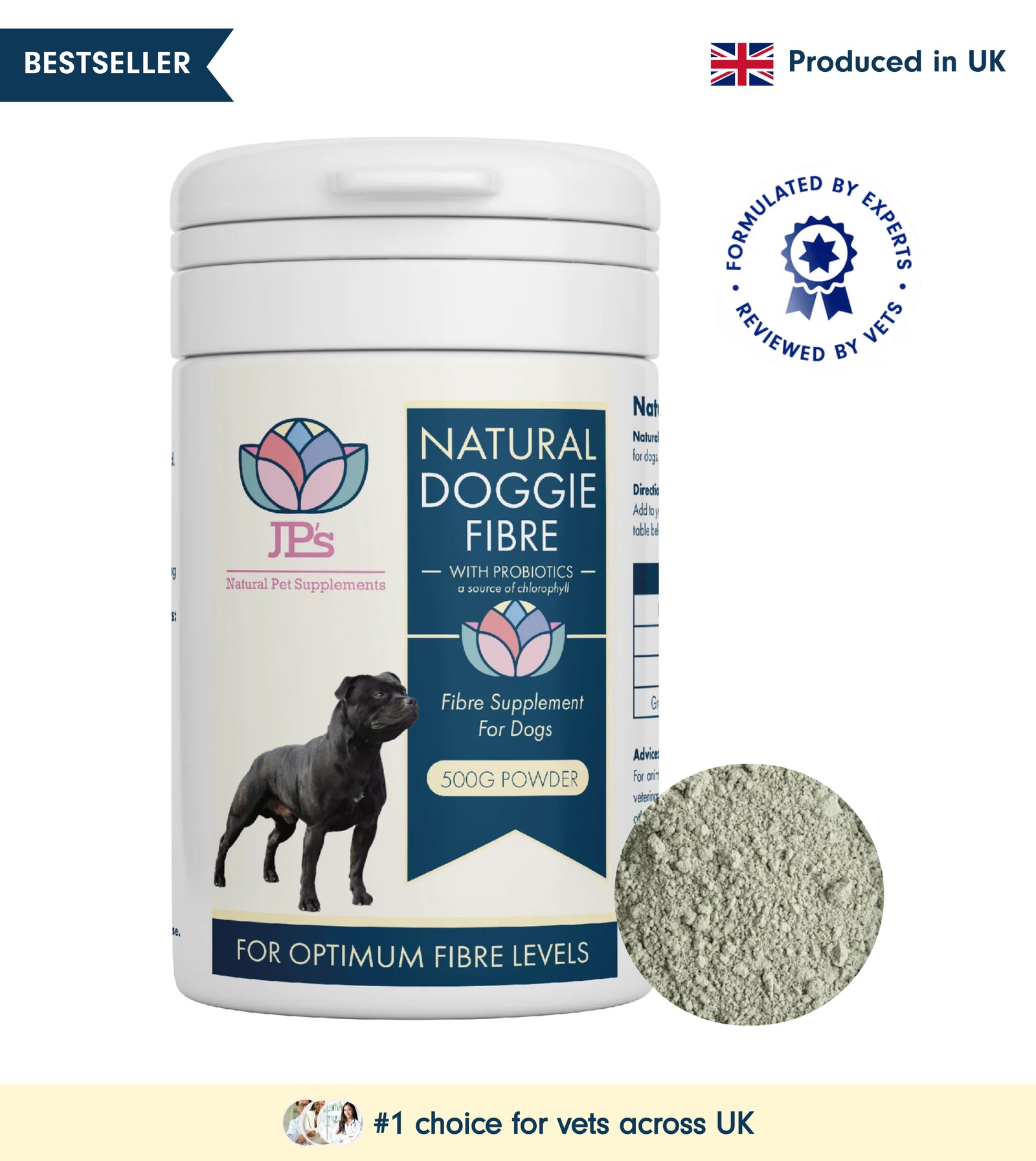
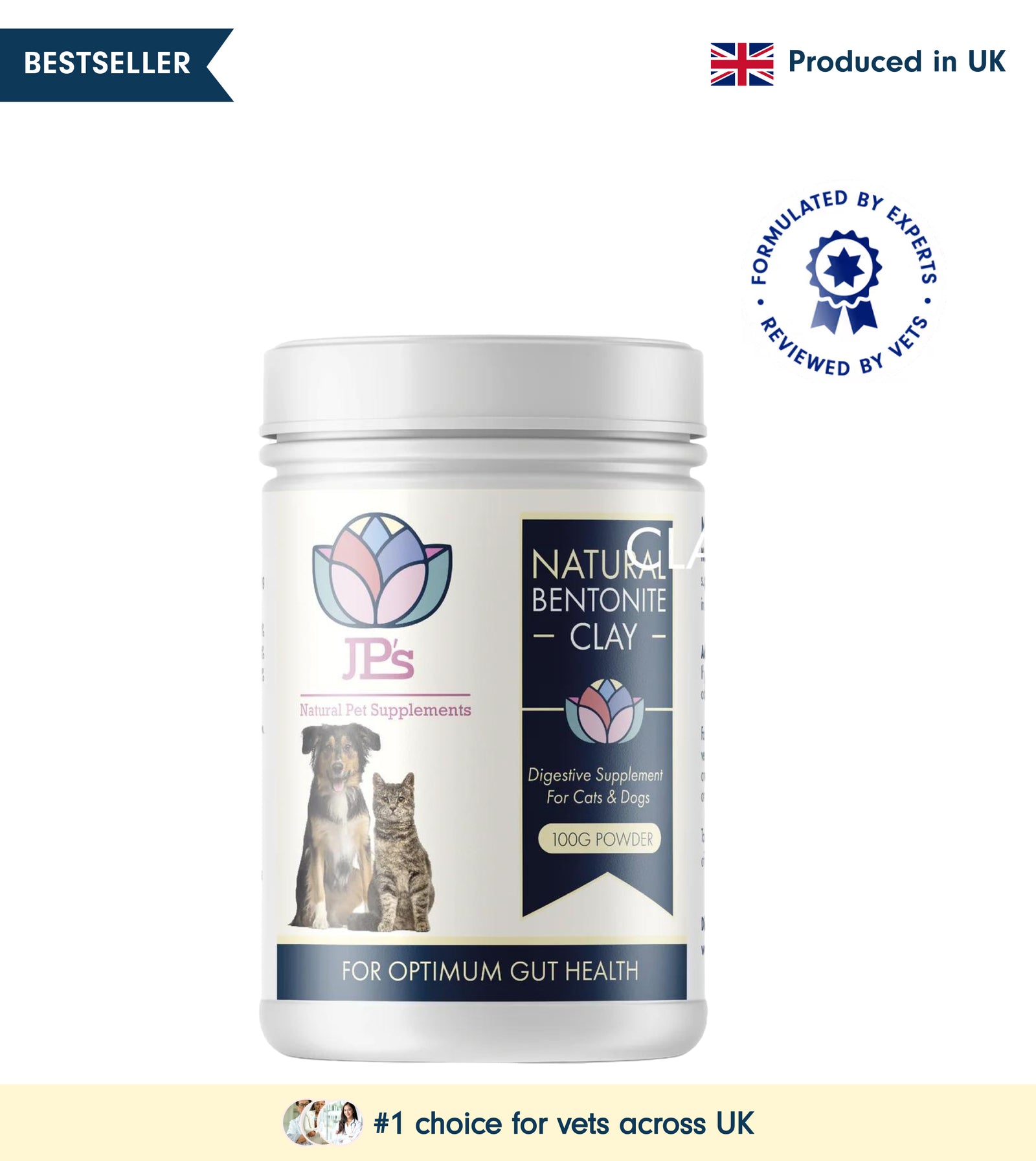
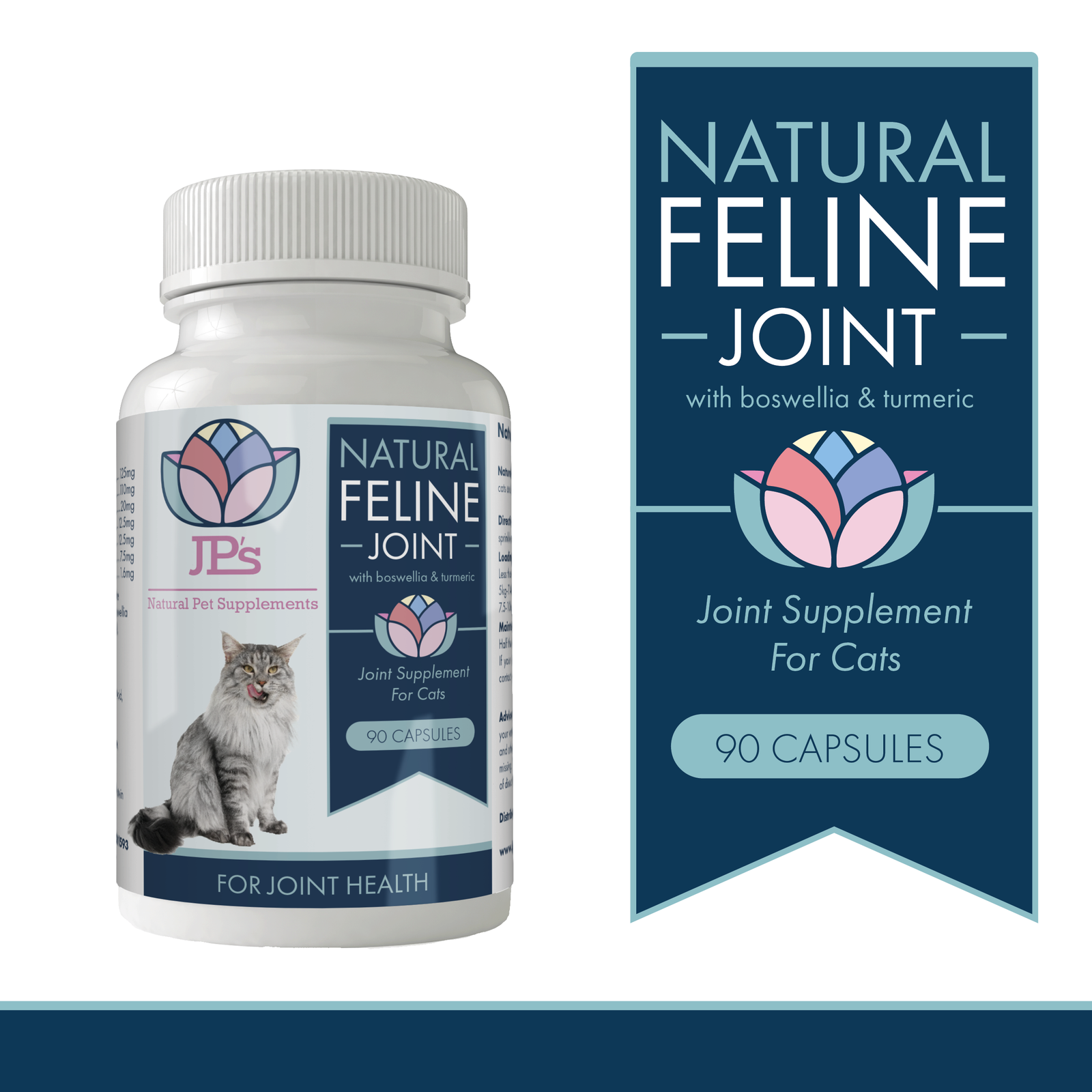
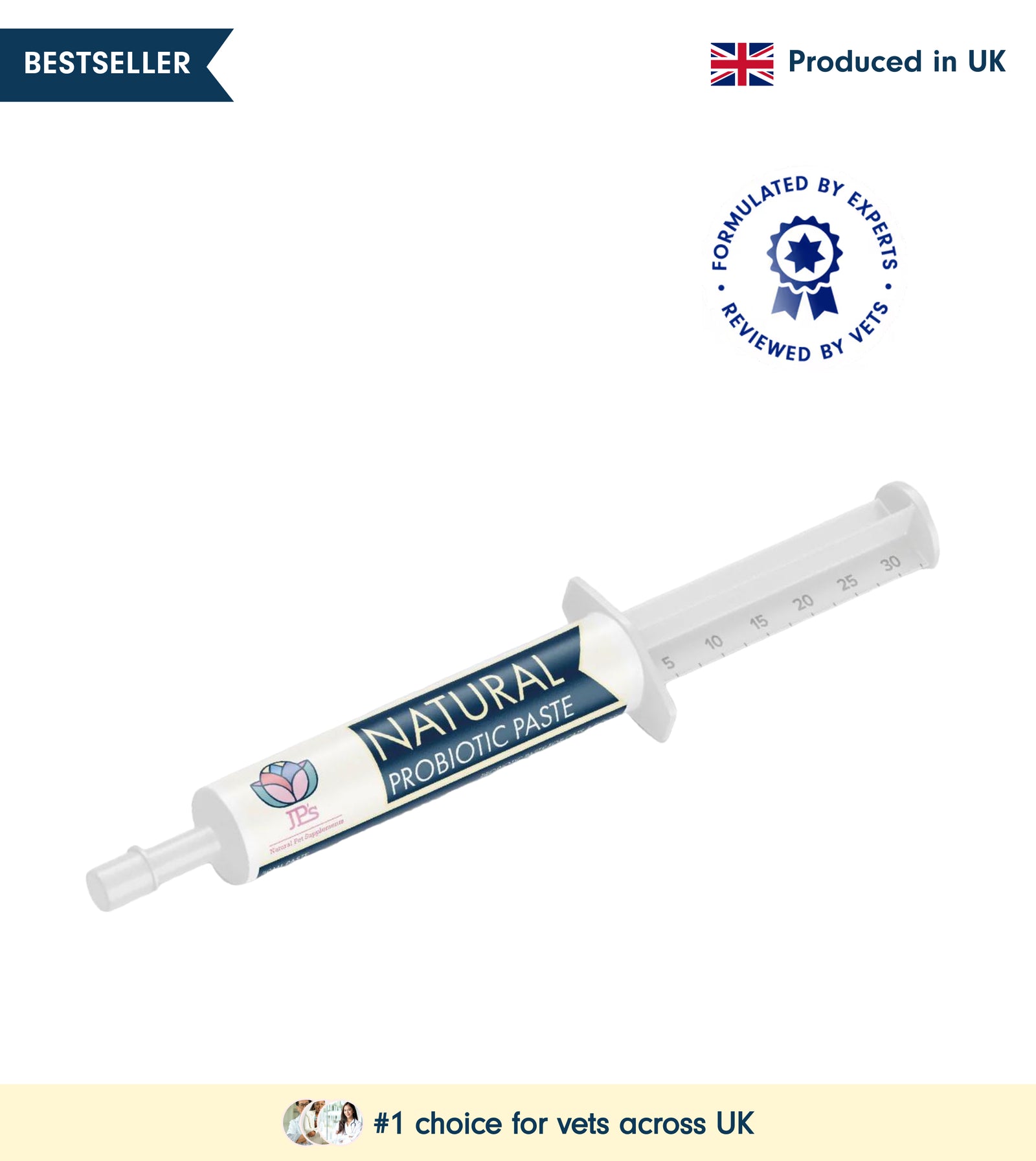
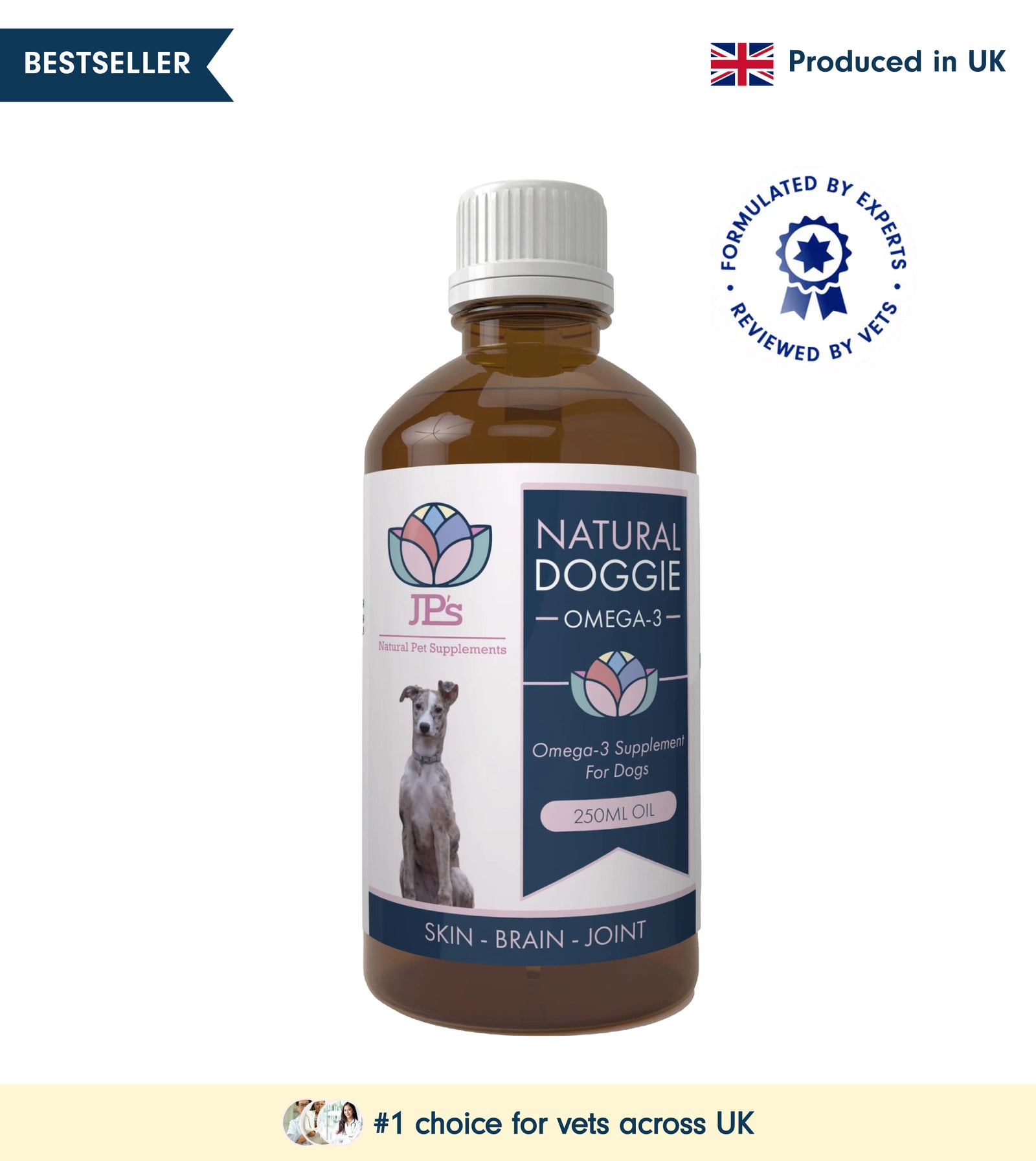
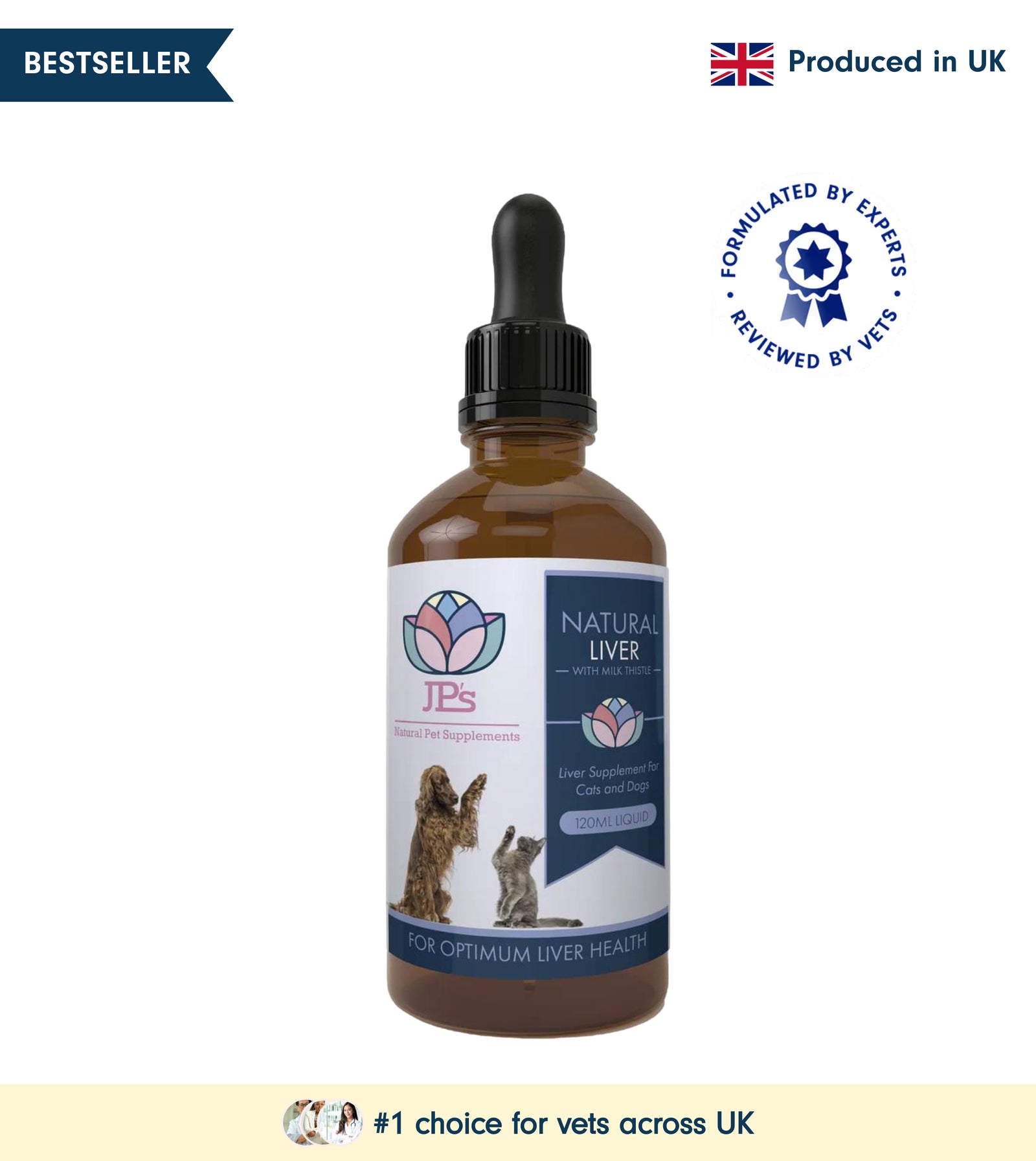

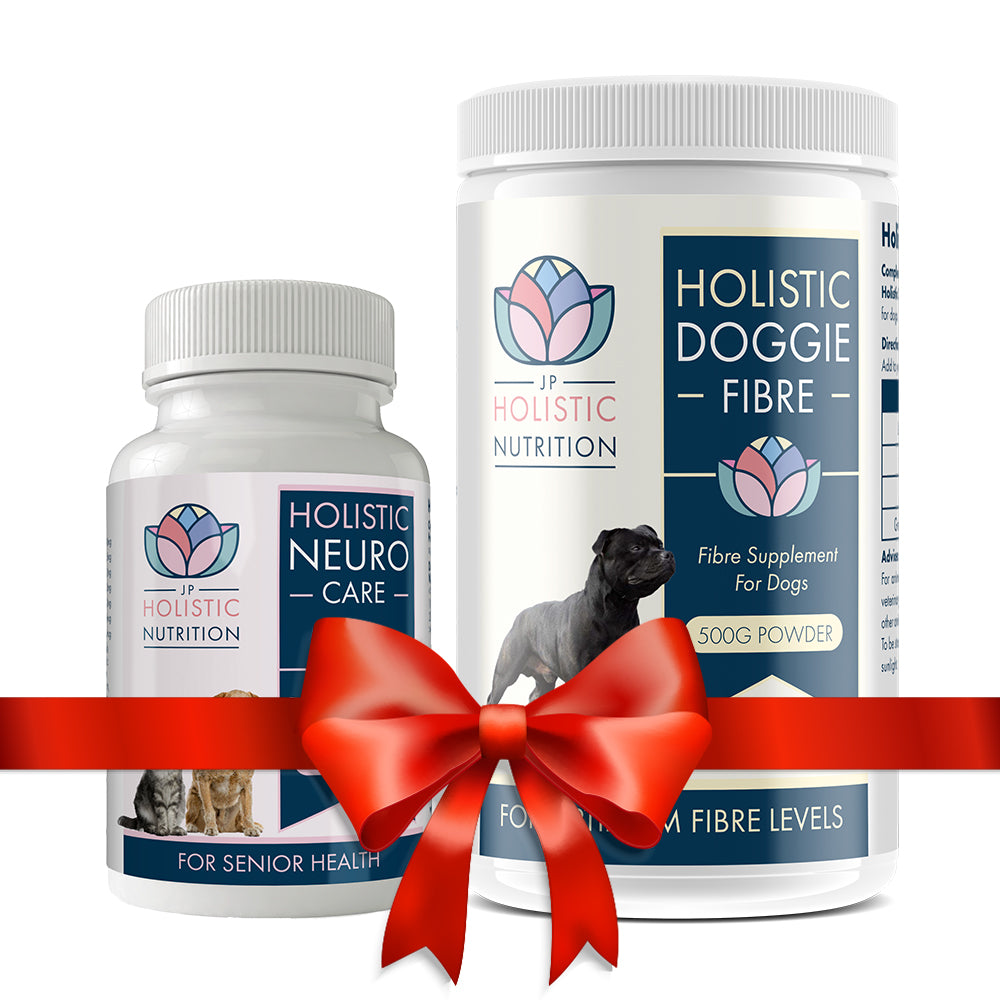
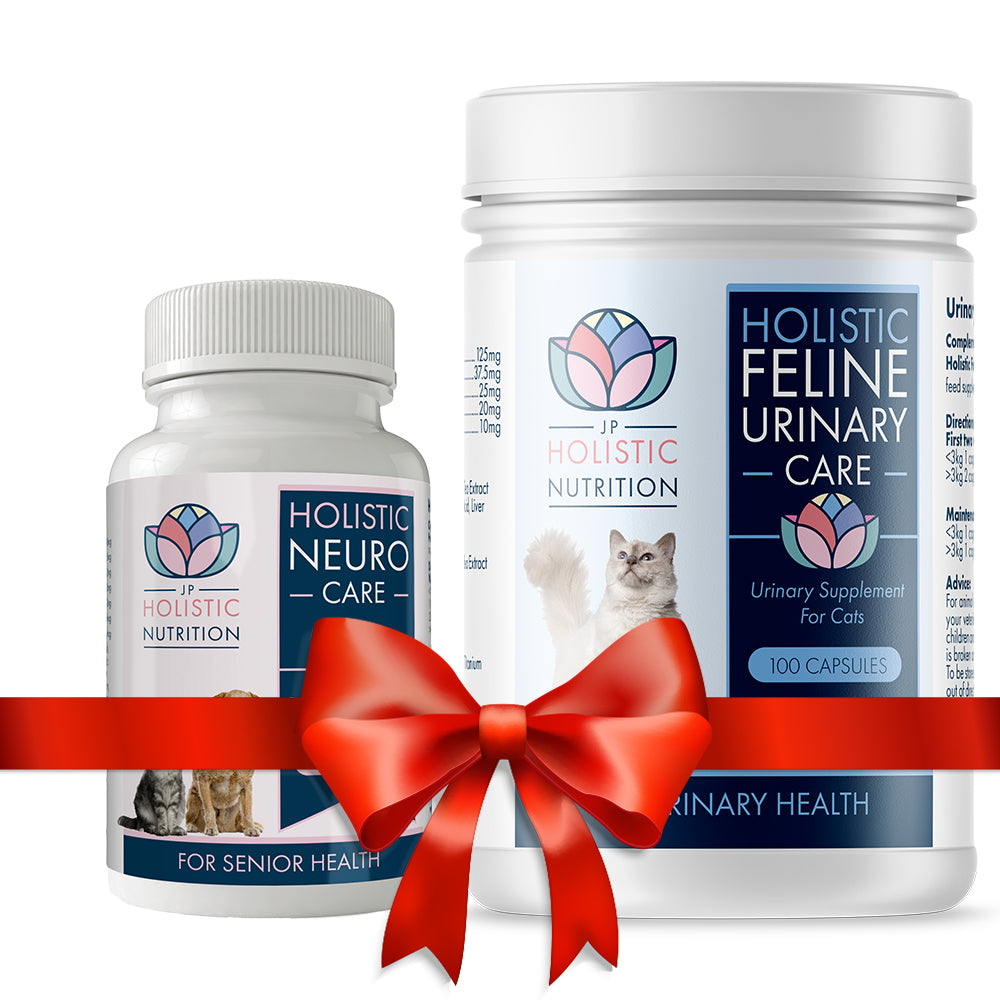
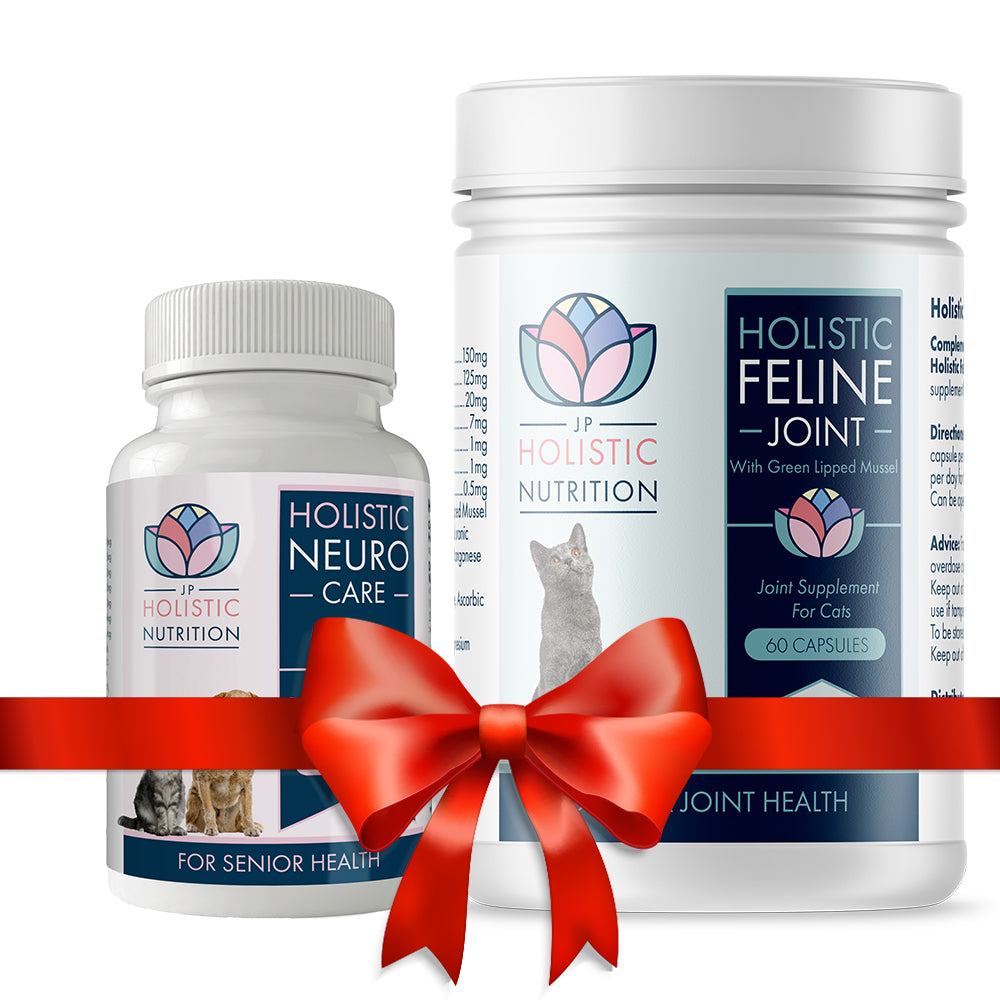



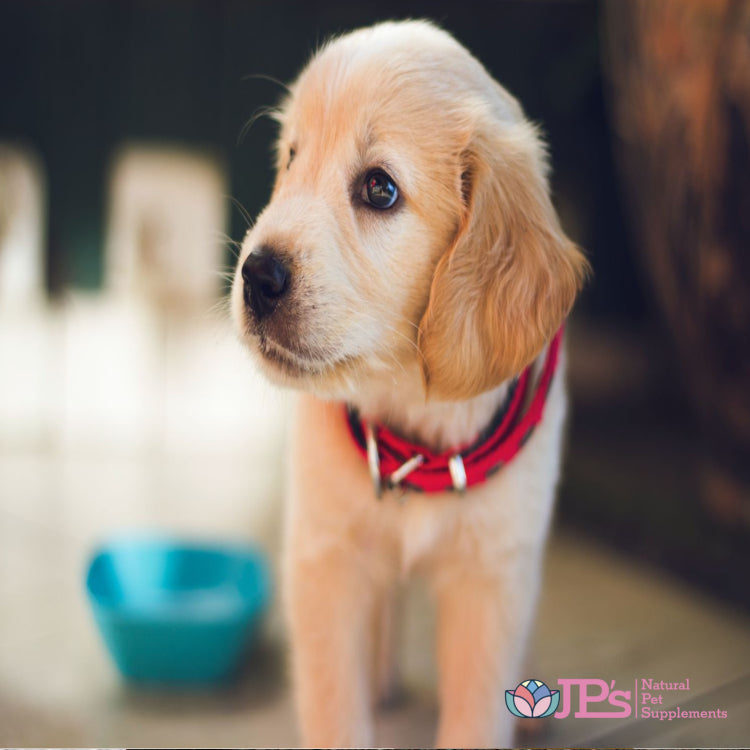
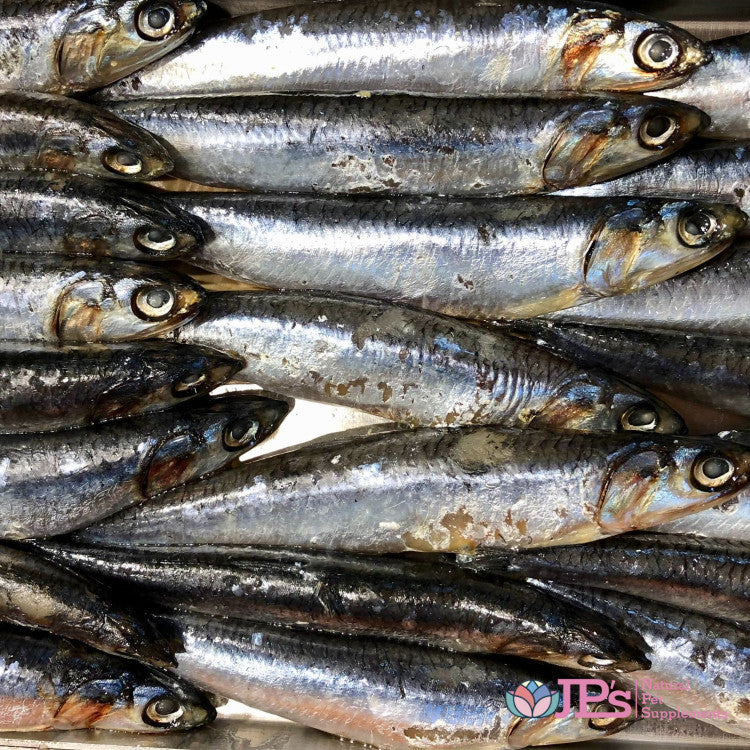
Leave a comment (all fields required)